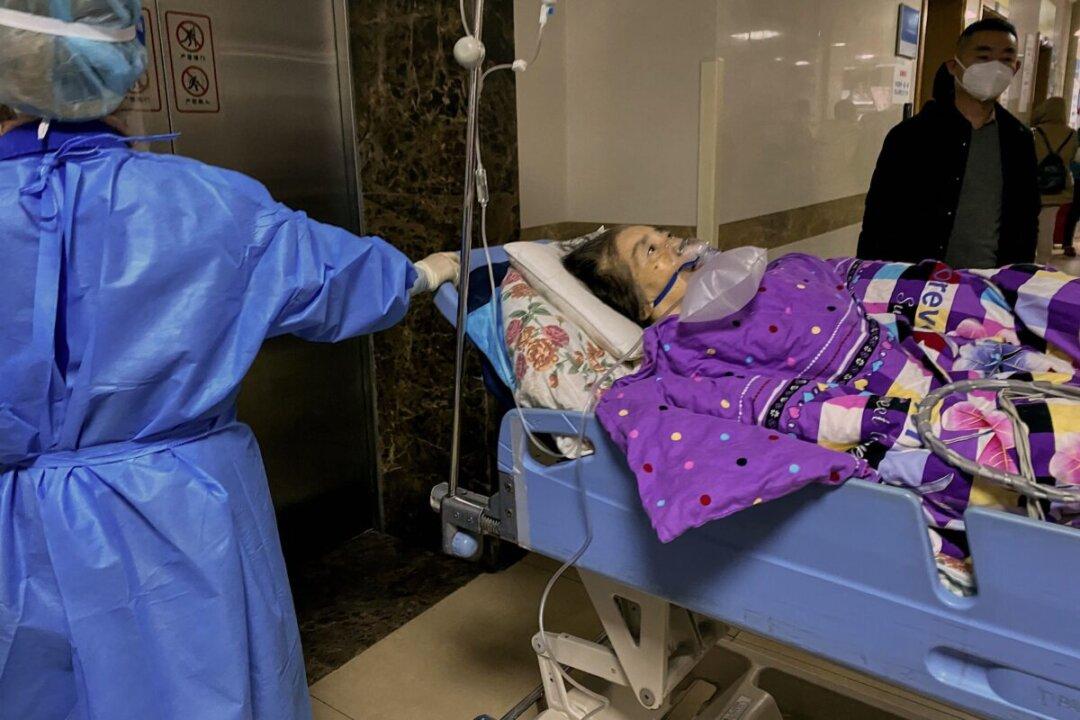In recent weeks, universities across China have released a spate of obituaries chronicling the deaths of academics and professors. The list of the dead grows almost daily. None of the obituaries lists a specific cause of death beyond “unspecified illness” or “ineffective treatment.”
The death notices are effusive about the academic achievements of the deceased scholars, and in particular, their contributions to the Chinese Communist Party (CCP). None of the obituaries mention the wave of COVID-19 that has swamped China since November’s demonstrations and the lifting of zero-COVID measures in early December.




